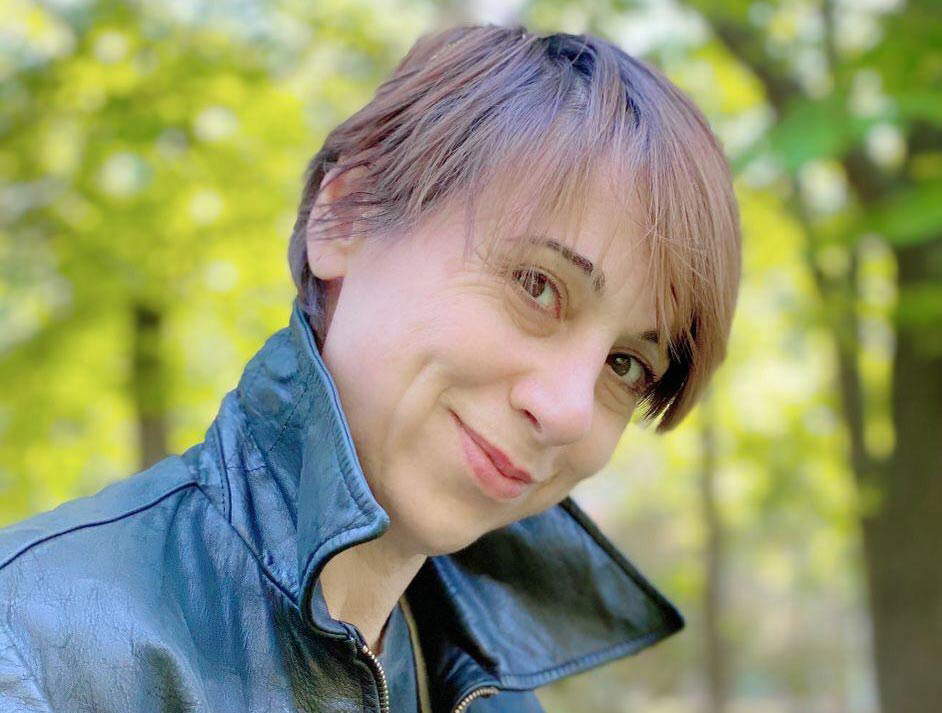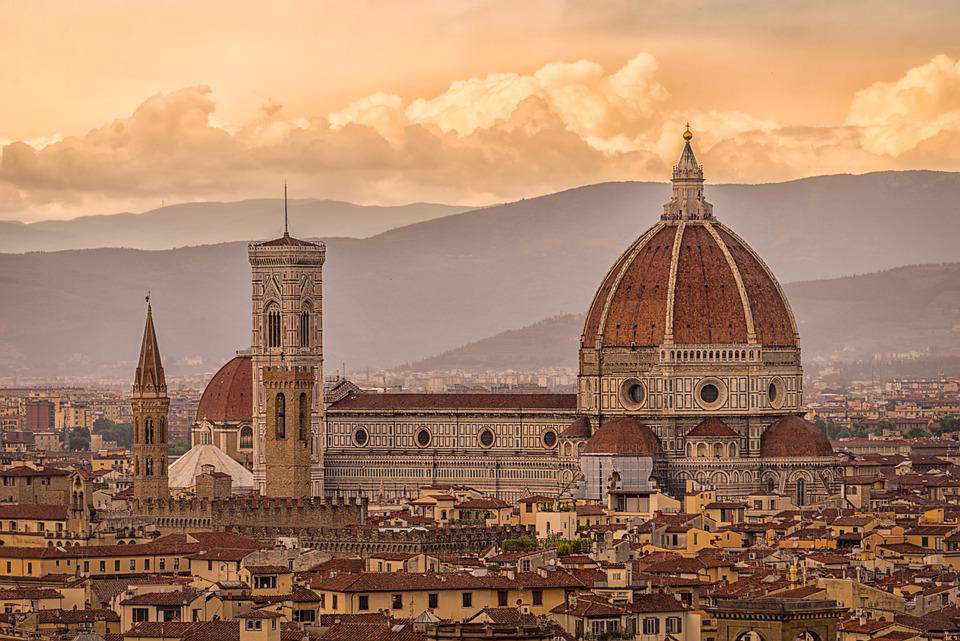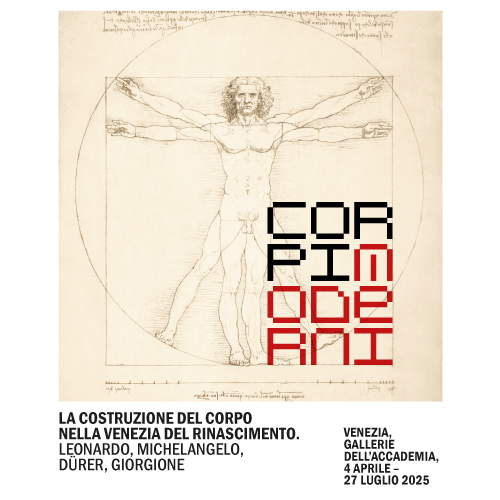How Italy must rethink tourism: quality and collateral. Alessandra Priante (UNWTO) speaks.
Tourism is surpassing this post COVID emergency summer in a big way with bookings and overnight stays flying at the levels of the 2019 season and in some cases surpassing them: mountains taken by storm as they haven’t been in many years, also accomplice to the scorching heat we’ve had since May, coastlines full and art cities with lines in front of museums again. A great return to travel on which Finestre Sull’Arte asked Alessandra Priante, Europe Director of UNWTO (World Tourism Organization), the UN agency for tourism, for an assessment. An Italian, who was also head of International Relations of the Ministry of Culture and Tourism and then of the Ministry of Agriculture and Tourism of the Italian government, in a vantage point to analyze the situation. The interview is edited by Andrea Laratta.
AL. What do you think about the rampant supply of non-hotel hospitality? It is a phenomenon that affects historic centers in no small way, especially for cities such as Florence and Venice, which in fact are trying to run for cover with some ideas, for example in Florence with the free offer to those entering the city, and in Venice with the entrance ticket to the lagoon and the possibility given to the mayor of Venice to be able to limit short tourist rentals in the lagoon, included among the amendments of the DL Aiuti.
AP. I don’t think anything different from what I thought two years ago, and what I am saying is not an opinion of the UNWTO but it is an opinion of Alessandra Priante. We keep talking about waves, Airbnb or no Airbnb, but things are solved by putting clear rules, planning and setting goals.
For example?
Do they want sustainable tourism or not? For sustainable tourism we have to have control and planning of flows, infrastructure, energy investments... We have to ask ourselves how many tourists we can handle in a given context while maintaining the level of sustainability and based on that calibrate our services and communication actions to attract tourists.
Some cities, which have always been a must-see destination for tourism, and which before the pandemic had problems stemming from too much influx are reviving the phenomenon by calling it a “problem.” Are solutions such as those mentioned above for sustainable tourism, putting a stop to mass tourism, necessary or could other avenues be beaten?
It is important to sit at a table with these big international players of online bookings, and after thanking them for the development of the territory they have generated (because they are very good at territorial marketing) we ask them to share with us some rules and forms of contribution to invest a part of the profit they have in series of things for our tourist destinations.

Is it a simple thing?
No, but we need to try, it is a political choice: by deciding to monitor flows with a clear regulatory system those who operate there will have to adapt. But we can’t end up in the same situation as 2019 after two years of pandemic because it means we haven’t understood anything.
I feel you are firm on this point.
If we want to give tourism a positive flow we have to be measured, planned and rational but also determined to pursue our goals. Should we, for example, master the climate impact of tourism (because tourism has so much impact on the environment and therefore the climate)? Do we ask accommodations to improve energy efficiency? Well, then after that we have to be good enough in asking these goals of everyone, even those who run hospitality independently in their homes with a B&B. Sustainability is an overall process because it is both in the individual tourist and the individual operator.
We could paradigm with “Same rules, same market.”
I think we are coming out of the Covid emergency thinking about the problems before but with the worst state of mind. With the added volatility of the market and consumers due to Covid: people are now unsure about booking and no longer planning their vacations. They choose two weeks in advance whether to leave and where to go. And that hurts tourism because the system is about planning.
Can you give us an example?
If a destination decides that the coming year would be the time to expand into a particular foreign market, it has to take a series of actions to make that happen. But if the foreigner does not feel comfortable because he is afraid that the coming year will be hit by the pandemic that tourist will not come.
Would you have thought that tourism would turn from a resource into a problem?
This is not a new thing: tourism is never a problem, the problem is that we never understand how important tourism is. The fact that in the European Commission there is neither a Commissioner nor a Directorate General in Europe dedicated to tourism speaks volumes. Tourism is often taken for granted.
Compared to two years ago, how could we have taken advantage of these two years?
Each country did what it could. I have seen countries like France, Portugal, Spain, Slovenia, all of which have “cleaned up,” renewed and prepared. I am now in Rome and it seems to me that it has not been cleaned up for years.
Mass tourism is often conceptually contrasted with “quality” tourism as the antidote to healthy tourism. In my view by this “quality” tourism actually means that made by the movement of economically wealthy people, “quality” is used as a synonym for “rich.” While recognizing the value ofbig-spender tourists who have a spillover effect on the entire tourism-related service chain, don’t you find it misleading to search for this “quality” so understood?
Quality tourism is tourism where people have a long and memorable experience, where the basis for ’repetition’ is created: tourism is not about going but returning. Quality tourism is how things are done: so visiting a city in certain hidden corners or having experiences outside the box, a different experience. Destinations must be able to meet these needs with the appropriate offerings.
In your opinion, can major event tourism also decline on the cultural?
For art cities, event drives are very important because they allow them to bring in extra people. People do not travel to see a museum but to eat and drink well and do interesting things. We are under no illusions about the rest. For culture you have to find ways to be enjoyed more efficiently: no queues, facilitation and other "collateral." Think more about the collateral than the object: the object is there and doesn’t even need to be promoted. People travel to art cities because they are beautiful and not because the individual museum is there.
It is very disruptive what you are saying.
We have an advantage that was never consciously used because it was taken for granted. One chooses Florence to see a range of things.
Examples of best practices of institutions or museums that have been able to make a good strategy of their offerings?
The Uffizi in my opinion made an excellent strategic choice: they created their own communication channel, which many have also criticized, but criticizing it increased its visibility so people wanted to go to see the Uffizi to see the Uffizi and not the single collection inside the Uffizi. They created the event within the event and it’s a very clever and renewed thing to be able to attract more people.
Finestre Sull’Arte interviewed the head of the Uffizi press office about this very thing.
This is a benchmark to follow: not necessarily everyone has to call Chiara Ferragni to get promoted, but you have to follow and pursue people outside your “box.”
Can you guys help?
We are available to the public and to individuals: we are the platform through which states can compare and have knowledge and support from us, our network.
Warning: the translation into English of the original Italian article was created using automatic tools. We undertake to review all articles, but we do not guarantee the total absence of inaccuracies in the translation due to the program. You can find the original by clicking on the ITA button. If you find any mistake,please contact us.





























